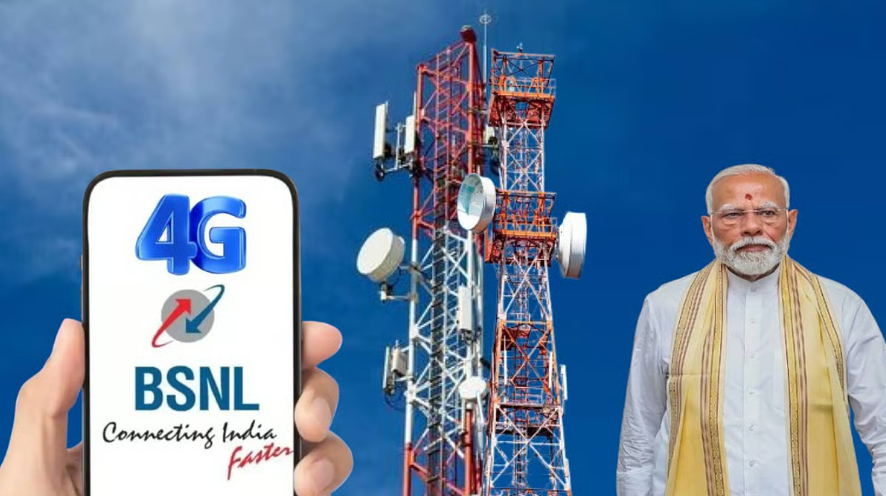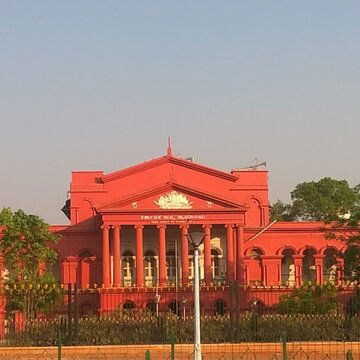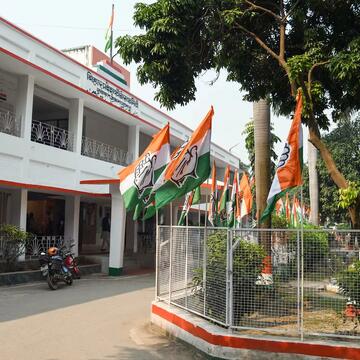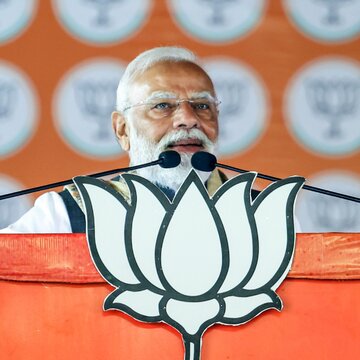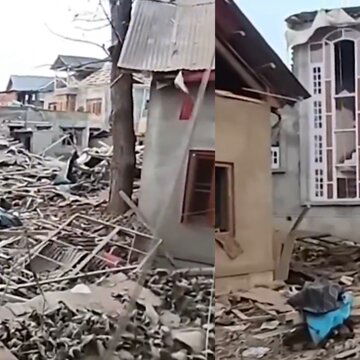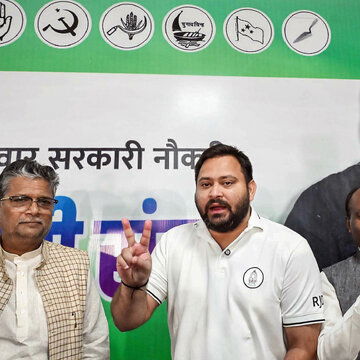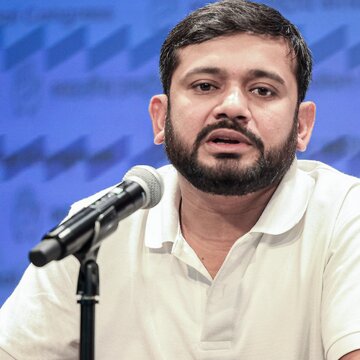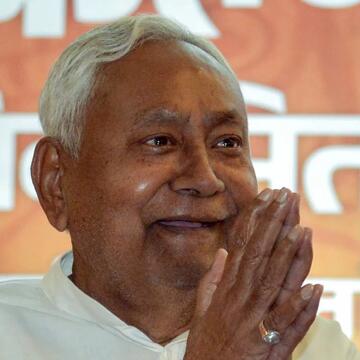Prime Minister Narendra Modi has inaugurated Bharat Sanchar Nigam Limited's (BSNL) 'indigenous' 4G network. This move is set to boost BSNL's network across various regions of the country.
In order to strengthen the nationwide 4G network, BSNL will install 97,500 4G mobile towers. These towers will be set up across 92,600 4G technology centers throughout the country. This initiative is expected to significantly enhance the reliability of BSNL's network.
India's investment in 4G technology
The expansion of BSNL's 4G technology relies entirely on domestically developed technology. Both the necessary software and hardware have been crafted using wholly Indian technology.
With this advancement, India has joined the ranks of countries capable of building telecom networks using indigenous technology. Apart from India, only Sweden, Denmark, China, and South Korea have achieved this feat. The government has invested approximately 37,000 crore rupees in this endeavor.
Benefits of a homegrown network system
Regarding the indigenous 4G network, an official statement declared, This growth of the native network is a big step towards Prime Minister Narendra Modi's vision of revolutionizing Digital India. It will help fill the digital divide by empowering citizens in rural areas. Further, it will pave the way for the upgrade of BSNL into a 5G network.
India's homegrown cloud-based 5G network will make the future transition to 5G remarkably smooth. This launch will extend connectivity to nearly 26,700 remote villages that were previously out of the telecom network range.
All these towers installed by BSNL will operate on solar power. BSNL's recharge plans are up to 30 percent cheaper than those of several private telecom service providers in the country. However, BSNL connections have often been the subject of complaints. It is hoped that this new initiative will address these issues. As a result, approximately 90 million BSNL subscribers across the country are expected to benefit from this initiative, according to PTI sources.


